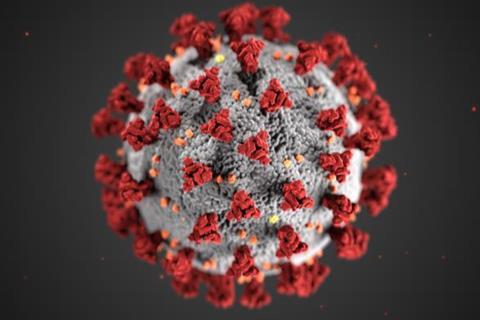SARS-CoV-2, the virus responsible for the COVID-19 pandemic, remains in circulation. The focus has now shifted to testing and treating symptomatic patients. An antiviral drug combination, nirmatrelvir/ritonavir, is approved for treating mild to moderately severe COVID-19 in non-hospitalized patients at risk of worsening symptoms, hospitalization, and death.

This systematic review aimed to summarize published evidence on the efficacy, effectiveness, and safety of nirmatrelvir/ritonavir for COVID-19. The review also intended to assess the robustness of the evidence from randomized controlled trials.
A rapid evidence review and comprehensive analysis was conducted. Researchers included both randomized controlled trials and real-world observational studies, adhering to appropriate WHO and Cochrane guidelines. The review involved thorough literature searches in multiple databases, screening of articles, and detailed data extraction.
READ MORE: Space-grown antiviral drug successfully brought back to earth in private Varda Space capsule
READ MORE: HIV drug could prevent coronaviruses, study finds
The outcomes of interest were how well the treatment cleared the virus, prevented symptoms from worsening, and reduced hospitalizations and deaths from any cause. Outcomes of interest also included the treatment’s safety, including any serious side effects. The quality and risk of bias of the studies were assessed using established tools. Researchers performed statistical analyses, including trial sequential analysis, to determine if the sample sizes were sufficient to draw reliable conclusions.
Main results
• Randomized Controlled Trials: Nirmatrelvir/ritonavir significantly reduced COVID-19 hospitalizations compared to placebo or no treatment. However, the treatment showed no significant difference in reducing worsening severity, viral clearance, adverse events, serious adverse events, or all-cause mortality. The analysis confirmed a sufficient sample size for hospitalization reduction, but sample sizes for the other outcomes were insufficient. This insufficiency made the observed lack of difference inconclusive.
• Real-World Studies: Nirmatrelvir/ritonavir significantly reduced both hospitalizations and all-cause mortality compared to no treatment. However, there was a high level of variability in the results. The high variability level was likely due to differences in patient characteristics and care practices across the studies.
The nirmatrelvir/ritonavir regimen shows promise in reducing COVID-19 hospitalizations and potentially lowering all-cause mortality in adults with mild to moderately severe COVID-19. However, the evidence is limited and varied, especially from real-world studies, indicating that more rigorous randomized controlled trials are needed to draw firm conclusions.
This review highlights the regimen’s potential effectiveness in reducing hospitalizations. However, the evidence remains inconclusive for other outcomes. Understanding these nuances is important for health care professionals and policy makers as they navigate treatment options for COVID-19.







No comments yet